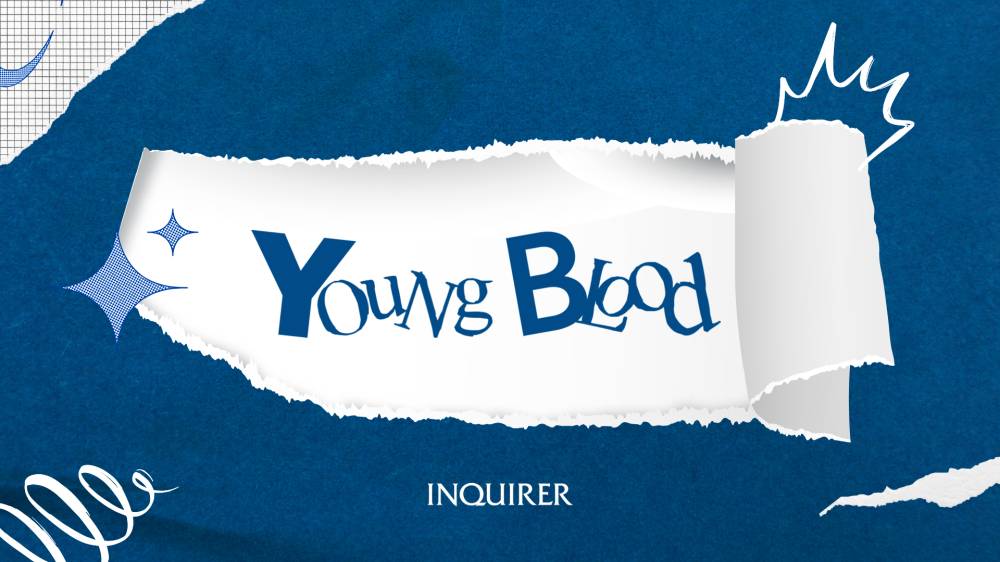I wonder if he liked Oasis

I’ve learned and grown to like grief. I live with it; I don’t run from it anymore—terrified of the thought that it might come running after me years later when I think all is well. I hold its hand, let it listen to my favorite songs, and take it with me on a morning walk. I see it as love, love wearing a heavy coat, and some days I think of it as a companion, because after all, what is grief if not love persevering?
But some days, there’s no room for me to lie in my bed when the sadness has crept in to build a home in my head again. I treat grief like a friend, hoping it wouldn’t demand, wouldn’t persist in taking my attention on days I refuse to acknowledge it. Those days are very few. Today is one.
It’s Aug. 19, 22 years since my father passed unexpectedly. His life was cut short; none of us got to say goodbye. No waiting for each other’s turn, weeping outside the intensive care unit, praying he had one more minute so we could tell him we love him. No halfway empty bottles of medication to haunt us before mealtime. No piled up hospital bills one could lament over. No signs of where hope was, where prayers were, begging, kneeling for more time. Because we never had enough to even ask.
I was only 5, my younger sister barely 1. My mother was my age now when she lost her husband. My poor grandmother, barely a senior citizen, had to bury her “buridek” (Ilocano for bunso) so early in her life. His three older sisters, two of whom were miles away when at dawn he passed, whose lives then revolved around his well-being and future, couldn’t even remember the last conversation they had with him. His oldest manang, his true definition of nemesis, his unfortunate manang, who had to see everything unfold with her own eyes, hated wearing anything black but wore the color heavily, grief and love and shock in its weight.
But Tata. Tata was only 29. He was going to turn 30 in a fortnight, the day he passed. He didn’t make it past August 2003.
Some nights, I think of what his dreams could have been at 29. I’m 27, and I have so many things I want to do. So many places I want to visit and take silly pictures of, so I can compile them and upload them to Instagram. So many books I want to read or inadvertently hoard and never remember to read until I see a review of it online. So many people I want to meet. But Tata, he was only 29. He never got to visit another country like my younger sister and I (did he even get a chance to take a flight? I’ll have to ask my aunties). He probably never watched an actual concert in his life—I wonder if he liked Oasis? I heard they peaked in the mid-1990s; Tata was in his mid-20s then. I wonder if he listened to their music when he was alive and if he’d be one of those cool dads crying their hearts out, eventually making TikTok, as soon as Oasis came back for a tour. Tata never had a son, only two daughters who can’t even remember the sound of his voice or his laughter.
When people ask me what it was like losing him, I could never find an answer that describes exactly how it felt, so I often resort to: “It’s difficult.” And they always say they’re sorry. Sometimes there’s an urge to ask why, but I keep my lips shut and offer a smile. We’re made of flesh and bones; we’d take any form of consolation when it’s offered.
Imagine the comfort I felt when I read that Psychology Today says early parental loss is relatively common, affecting about one in 20 children, and that children dealing with prolonged grief from losing a parent are vulnerable to long-term emotional problems due to their failure to resolve their sense of loss. There’s a list from qualitative analysis of the impact of losing a parent at a young age. While the rest of the list is true to my experience, I feel that the last one hit me the most: re-grief. They say that grief is an ongoing process.
You’ve probably never heard of re-grief, so let me tell you what it’s all about: according to the “Handbook of Thanatology,” re-grief is “developmentally appropriate processing of the experience from a different perspective than was possible earlier.”
For easier understanding, basically, what re-grief tells us is that when you lose someone at a certain developmental stage, you grieve in ways that your age and development allow you to. So, when I lost my father at 5 years old, I made sense of that loss as a 5-year-old, with the cognitive and emotional capacities a 5-year-old has. And then we age—I aged. I moved to the next developmental stage and the next.
I make sense of that loss in a new, more mature perspective, so sometimes, my grief feels new, and I cope differently. This is how I learned to live with it. I read about grieving as a child, as a teen, and now as an adult navigating through my late 20s.
Today, Aug. 19, I listened to Oasis’ greatest hits and wondered what Tata thought of their music.
—————-
Faye Angela Bumanglag, 27, is a seasoned corporate trainer in the business processing outsource industry.

















Our ‘ichigo ichie’